Why Self-Awareness Is Crucial for Leaders
Summary Points
- Self-awareness is the foundation of all the work we do
- Self-awareness is deeper than knowing your strengths and weaknesses
- Self-awareness is not a one-and-done, but rather a constant ongoing journey
- When I allow myself to be more self-aware, I can make more conscious choices to enjoy the journey
What does self-awareness mean to me?
When I say self-awareness, what do you think of? Do you think about knowing your own strengths and weaknesses? Or understanding how your behavior impacts others?
That’s what I used to think of.
When I talk about self-awareness now, the vast majority of the time, I’m talking about something that feels like a deeper level of self-awareness, at least to me.
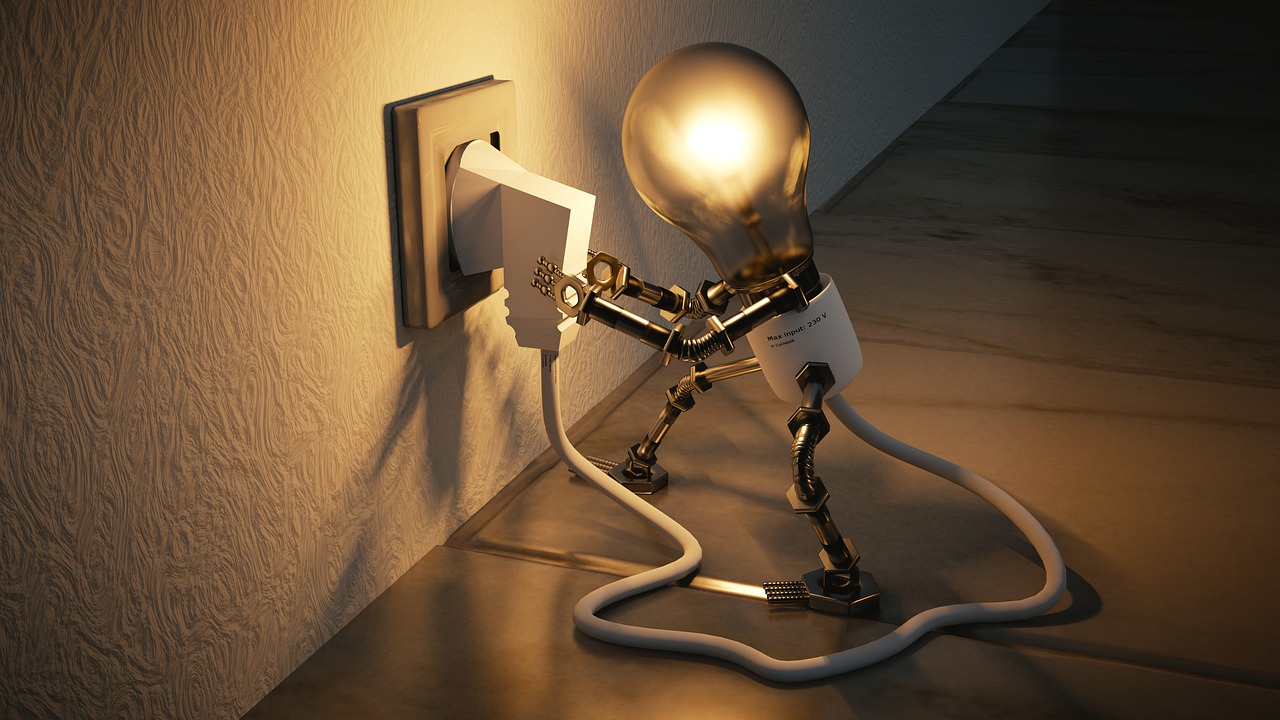
I’m talking about understanding myself deeply – choosing to become aware of the unconscious stories, thoughts and feelings that drive my behavior every single day. It’s just how I move through the world, based on how I see myself.
I’m talking about my conscious and sub-conscious views of myself. The stories that I have buried so deep in my subconscious, that to me, it just is. It’s like water to a fish.
Self-awareness: how you see yourself affects how you move through the world.
To explain that for a moment – imagine two young fish swimming by an older fish. The older fish says: “Hey ladies, how’s the water?” And one young fish turns to the other and says: “What the hell is water?”
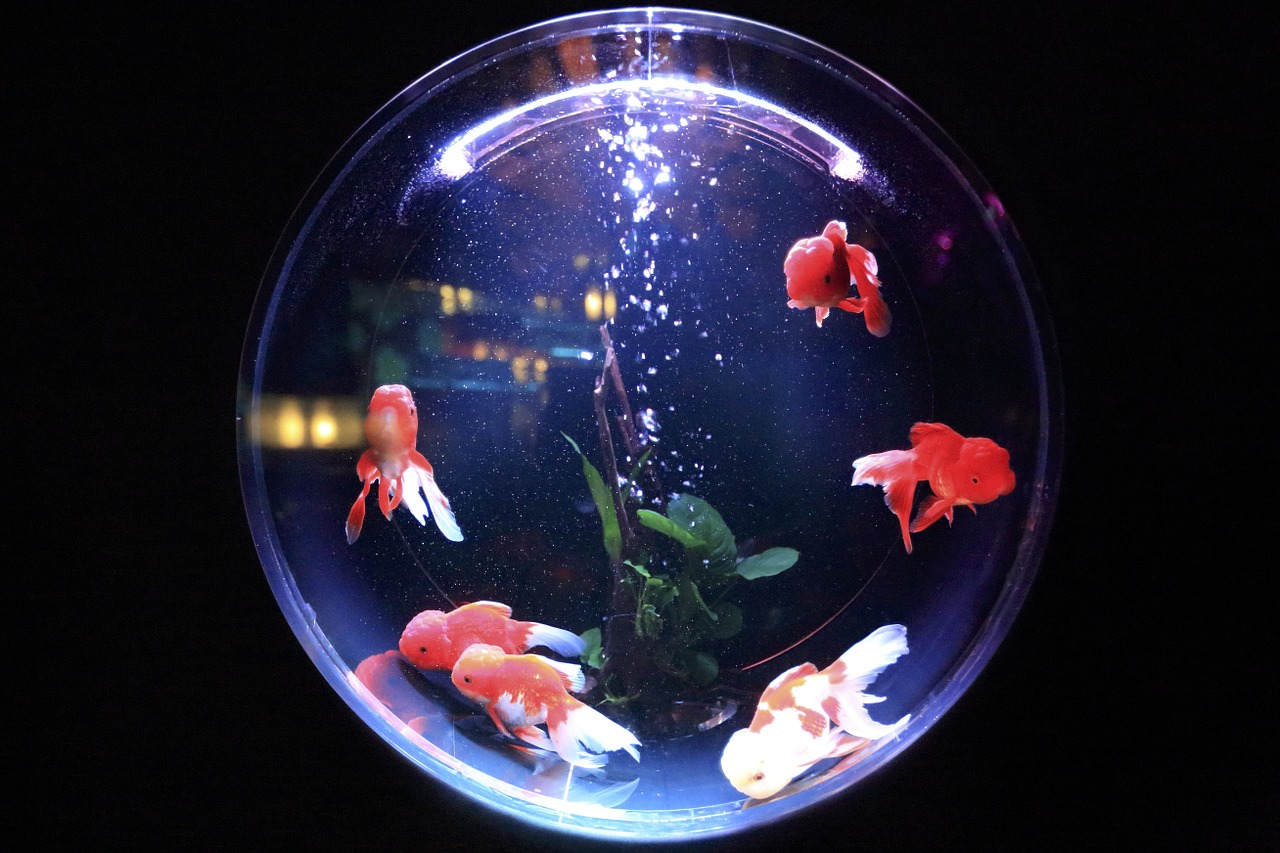
When “it” is so deeply a part of you, “it” completely drives how you move through the world, even though you aren’t aware of “it”, just as fish are not aware that they are in water, but it’s the way they move through the world. And the “it” is the combination of whatever stories or “programs” you have running on auto-pilot in your mind.
So, what is an example of this?
A recent example – the situation
Late last year I was in the position of filling two workshops. Historically, that process created anxiety in me. In the first quarter of 2017, I was working myself silly to meet client obligations, plus creating awareness of a 5-day workshop. Those responsibilities, plus a combination of some other life events made for an incredibly stressful quarter, and I had nooo interest in offering another public workshop anytime soon after that.
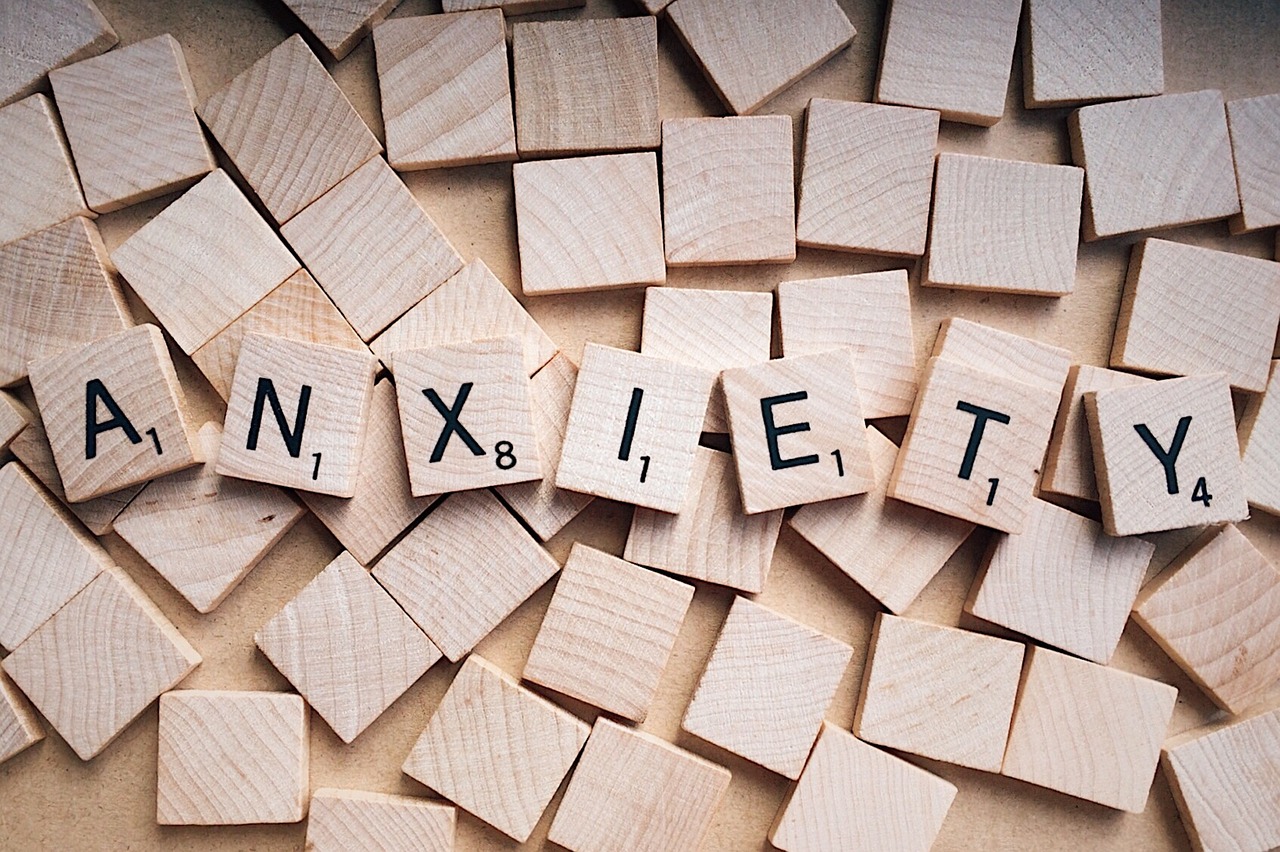
Fast forward to late 2017 – now I’m selling seats to two workshops. As the dates drew closer, I found myself not showing up the way I wanted to in my work and personal life. I had this undercurrent of anxiety and moodiness, even in situations that had nothing to do with the workshops.
Every task felt harder, I felt compelled to complain about small things that wouldn’t normally bother me, and I found myself sometimes being short with my co-worker, Kayla, who I adore.
Why self-awareness is crucial for me as a leader
Fortunately, as I continuously grow my self-awareness, even subtle shifts in my mood and emotions raise a red flag for me. I notice physiological changes and reactions in my body, I notice when my behavior is misaligned with my intentions, and then I create space for myself to pause.
“Crap.” I thought to myself with realization. I sat back in my chair, wrapped my arms behind my back, and pursed my lips. “I know what’s going on here,” I thought to myself. “It’s these damn workshops.” Okay, okay, not the most positive initial thought, I know! But this was my process of uncovering what was going on for me.
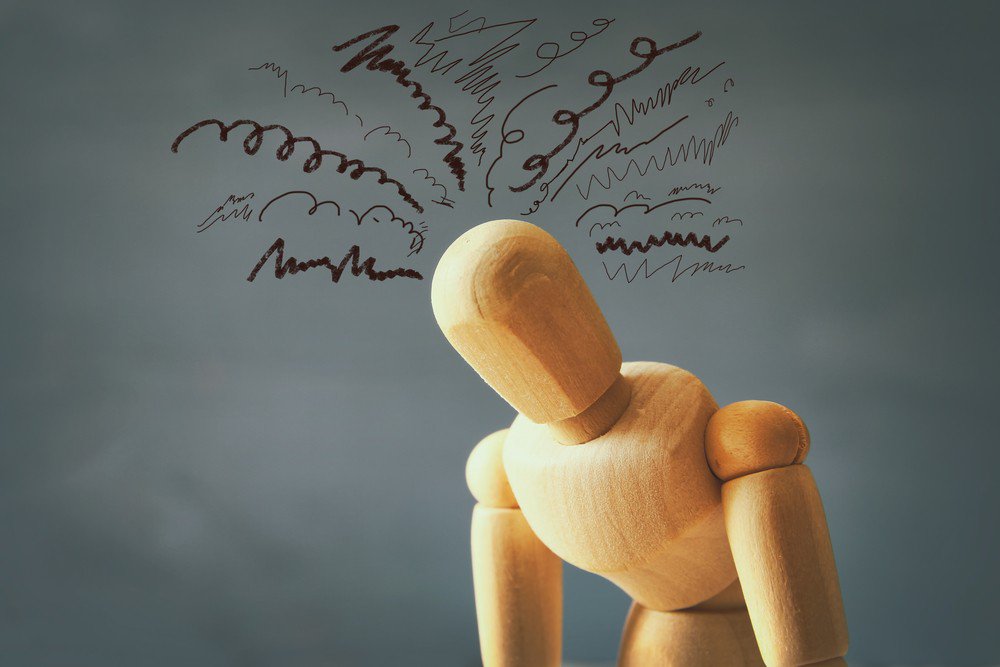
So here is my awareness at work. I notice my behavior, I notice my feelings, and that creates an opportunity for me to figure out: How am I seeing myself and how is that affecting my behavior?
Why is how I see myself important?
Part of me was seeing myself as a failure. The self-talk was: “If you don’t sell out these workshops, then you are a failure as a salesperson and entrepreneur. You will feel humiliated and everybody will think you’re terribly incompetent.”
So that’s a pretty shitty way to see myself. This is just a story that I tell myself. And our brains work pretty hard to allow ourselves to become aware of these stories – they are painful, and we like to avoid pain. Now, if you read that and think to yourself, “Jeez, Laura really has some negative stories. I never think anything that extreme about myself…” – I urge you to pause and leave room for the possibility that you sometimes see yourself in this way, too – if only in your subconscious.

And you don’t have to dislike that about yourself – actually, the more I practice self-compassion, the more I realize that uncovering how I see myself is a beautiful gift to myself. Because here’s the deal – I have to own my stories if I want to write the endings. So, once I become aware of the stories in my head, I get to reality check them.
So here goes: If I plan to put on a public workshop, and end up not selling enough seats for a viable class, and I cancel the workshop (which is my worst-case scenario) – does that make me terribly incompetent? No. Does it make me a terrible salesperson or a terrible entrepreneur? No. Does it make me imperfect? F*ck yeah, it does. And that’s ok. I can cope with that.
Coping is everything
Surfacing stories also lets me check in with my ability to cope. Because we only ever have one fear – which is that we cannot cope with whatever happens. So, I can ask myself – “If I fail to sell enough seats to this workshop and I cancel it, can I cope with that? Yeah, I can cope with that.”
So, once I surfaced all of this for myself, I made a decision. I realized how much this was affecting me, and I wasn’t enjoying this small leg of the journey with this undercurrent of anxiety.
I had 2 executives at the time that were considering sending people from their team to the workshop in December, but neither had committed yet. All I needed was one of them to create a viable workshop.
I decided that I would reach out to these 2 executives that were considering sending their teams and let them know that I wanted a commitment by the end of the next day. I decided that if neither of them committed by then, that I would cancel the workshop, and would speak directly with those who had already registered to discuss options. I knew I could cope with that.
Surfacing stories also lets me check in with my ability to cope.
The result
I IMMEDIATELY felt lighter. Kayla can attest to that!! (She works by my side daily so she’s very attuned to my moods, lol).
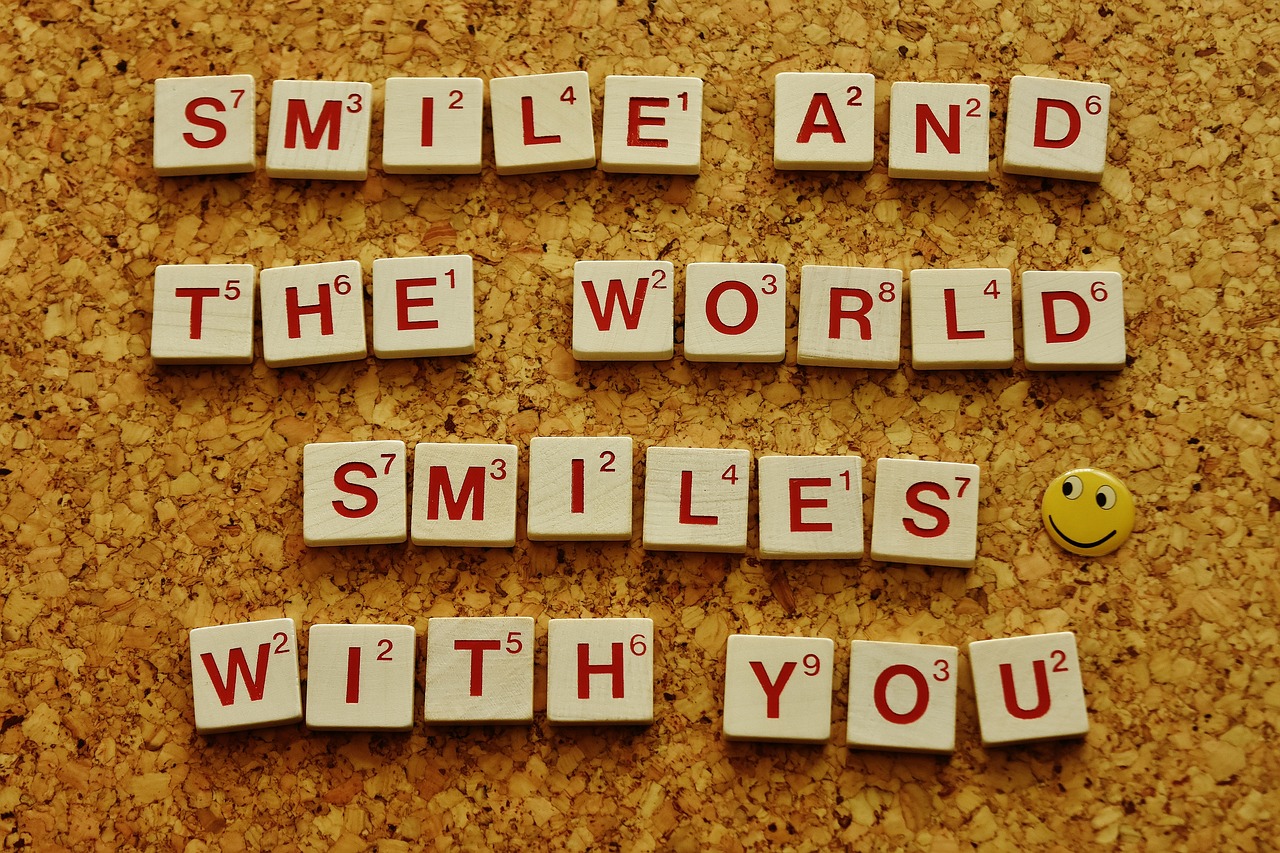
As I walked to a meeting later that day, I literally felt myself walk with a bounce in my step. The world looked more beautiful, I felt more incredible, and I even snapped a video of myself commenting on how FREAKING BEAUTIFUL the day was. If you follow me on Snapchat, maybe you even saw when that happened, lol…
So that’s self-awareness to me. What is happening with my mood, emotions, behavior, body, physiology? How am I seeing myself right now? What are the thoughts, conscious and subconscious, that are driving those things? How distorted are those stories? Can I cope with those possible outcomes?
This is a regular practice and something that I get better at all the time. And my skills grow and my self-awareness grows. And this underlies everything about the work that we do here.
That’s what I mean by self-awareness.
Ready to take your leadership to the next level? Get your FREE copy of my eBook, Level Up: 3 Steps to Be a Better Leader. Click here to download!

4 replies on “Why Self-Awareness Is Crucial for Leaders”
Great read, thank you Laura! I truly appreciate your courage to share what may have felt like a vulnerable story. I am so grateful you were able to do the Human Element workshop in January, truly life-changing!
From,
An awesome, recovering perfectionist 🙂
Hi Chelsea! So happy that you were able to participate in the Human Element! Looking forward to the next time I see you!
Cheers!
Laura
P.S. You are one of my favorite recovering perfectionists!! 😉
Love this and I totally get it! I’ve walked myself through this before… albeit a little sloppier than you… but I’ve been there. I’m going to practice this more often!
Hi Linda!
Sloppy can totally work, as long as it’s progress!! Thanks for your comment! Hope things are going great at the Space Center!!
Cheers!
Laura